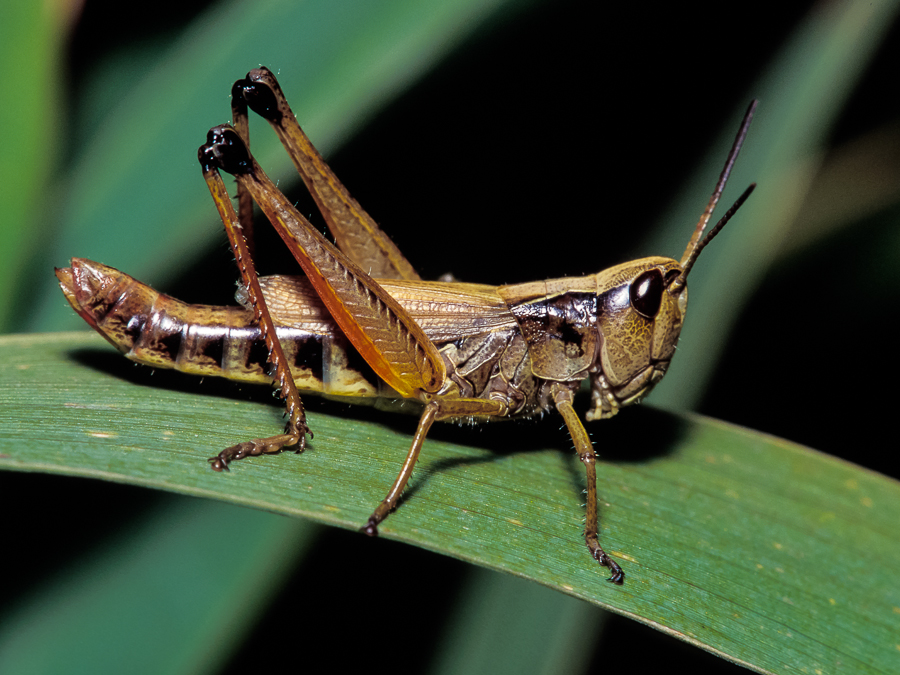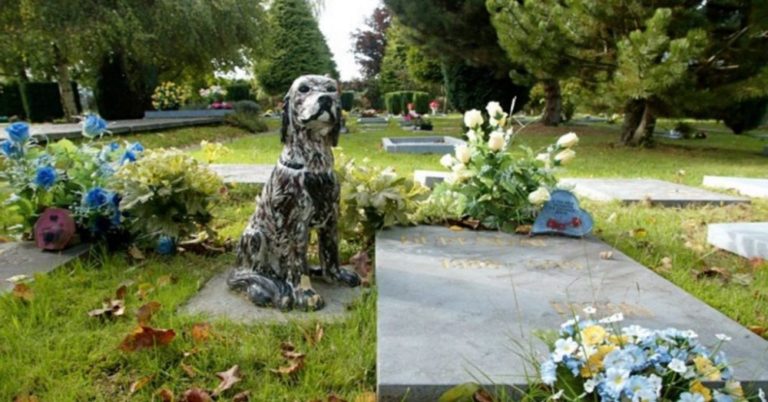This is something that should have happened a long time ago. A new law in New York has allowed cemeteries to bury pets with their owners.[1] Most of us who own a furry companion view them as part of the family, and we promised them a forever home. In whatever Hereafter you believe in, we want to believe our pets will be there with us. And this new law allows the symbolic representation of that belief.
Pets Buried with Owners Controversy
Yet, this is a controversial change. For some, mixed burials are a violation of human dignity. Some animal lovers view it as a violation of animal dignity as well. Many state laws require that only certified pet cemeteries can cremate animals. Critics view the new laws as a money making scheme where mixed cemeteries would allow unscrupulous people to open pet crematoriums and just dump the bodies in the desert.[2] A genuine concern exists that people will treat animals with dignity and respect after death as well as humans.
However, being a pet owner places one in a similar caregiver relationship as that of a parent and child. You are meeting the basic needs of an intelligent, self-aware, social creature who depends on you utterly but honors you with their trust and unconditional love in return. Hence, the social bond is described as the pet being a “furbaby”.
The term “furbaby” is in no way an offense to human dignity. It in no way blurs the line between human and animal. It does however reflect the depth of emotional commitment made to an animal who is a deeply personal part of your life: a being who lives with you, listens to you, loves you, is your best friend and confidant, makes you laugh, and brings you joy. If your pet is not your furbaby, you aren’t doing it right.
As in life, so in death
I am a firm believer in human dignity. But I think acknowledging animal dignity is compatible with a high notion of human dignity. I applaud the new laws that let me honor my promise to my furbabies that they now have a forever family.
Additional Reading:
- New Law Allows Pets To Be Buried Alongside Their Humans At Cemeteries
- Legislation would allow pets, humans at same crematory


